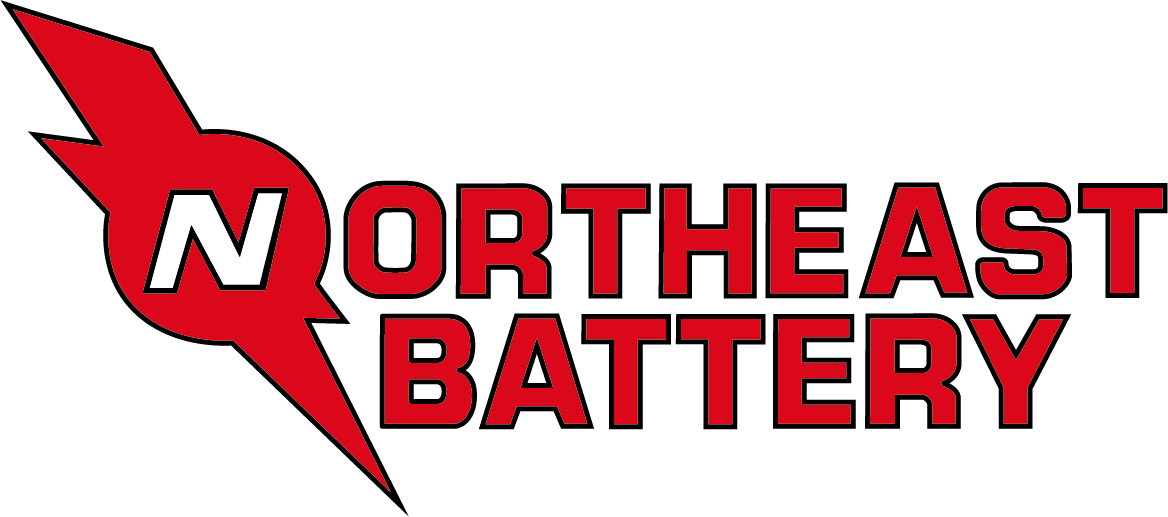Electricity is a major factor or component in nearly everything we do on a daily basis. From the digital alarm that awakens us, to enabling us to do our jobs and even the light we use to read in bed at night, power has become vital to our way of life. So needless to say when there is a power failure our whole world goes into a tail spin.
While some power outages are necessary for maintenance, the majority of power loss is unexpected and therefore unprepared for. Despite our inability to control the events that lead to power failures, we can now prepare our business to remain unaffected by power failures.
1. Know What You’re Working With
Before you can prepare for power failures, you need to understand which parts of your business will be affected and in what ways. Once you understand the risks and have identified the critical areas it will be easier for you to evaluate your reserve power needs.
Also a good idea? Have a list of equipment that can be turned off and then reset when the power is restored.
This is a good way to ensure you are only using your backup power system for critical needs and not wasting power on non-essential functions.
2. Build It Smarter So It Works Better
Gone are the days of grabbing an old generator from the warehouse and hoping for the best. With today’s advancements in reserve power technology, it is now possible to design an entire backup power solution to meet your specific needs.
Creating system documentation, including single-line diagrams, can show at a glance which systems are connected and help eliminate redundancy.
Good documentation can prevent the unnecessary powering of nonessential equipment and make designing a reserve power system much more straightforward.
3. Don’t Install It and Forget It
The middle of a power failure is the worst possible time to learn that your reserve power system is on the fritz. Scheduling routine maintenance and repairs for the system is your best bet to ensuring your reserve system will kick in and perform as needed in an emergency.
Also a good idea? Test your system from time to time to ensure 100% reliability.
By implementing a testing schedule you will be able to identify any maintenance or repair needs, train your staff on how to engage the backup system, and ensure that everyone knows their assigned roles and tasks should a power failure occur.
4. Hope For the Best, Plan For the Worst
Most power failures only last for a few hours. Unfortunately, there’s no way to guarantee it. That’s why it’s important to ensure your backup power system can run for at least a few days.
Also a good idea? Fuel management.
Having a generator fuel management and safety system in place will ensure that you don’t experience power failure twice. Make sure both the generator(s) and the fuel are stored in a well-ventilated area. Carbon monoxide poisoning is a very real threat and not something you want to deal with in the middle of an outage.
No one ever wants even a minor power failure to occur. At best it can throw a kink in your day, at worst it can signal the start of a major disaster.
Preparing for a power failure should be a critical aspect of any emergency preparedness plan. Investing in a backup power system could mean the difference between inconvenience and major disaster for your company.
With a little effort and these steps to guide you through, you just might find yourself resting a little easier during your next power failure.



Northeast Battery, a Stored Energy Holdings, Inc. Company